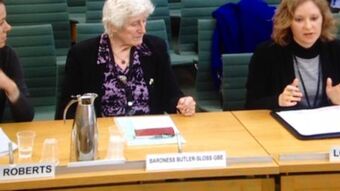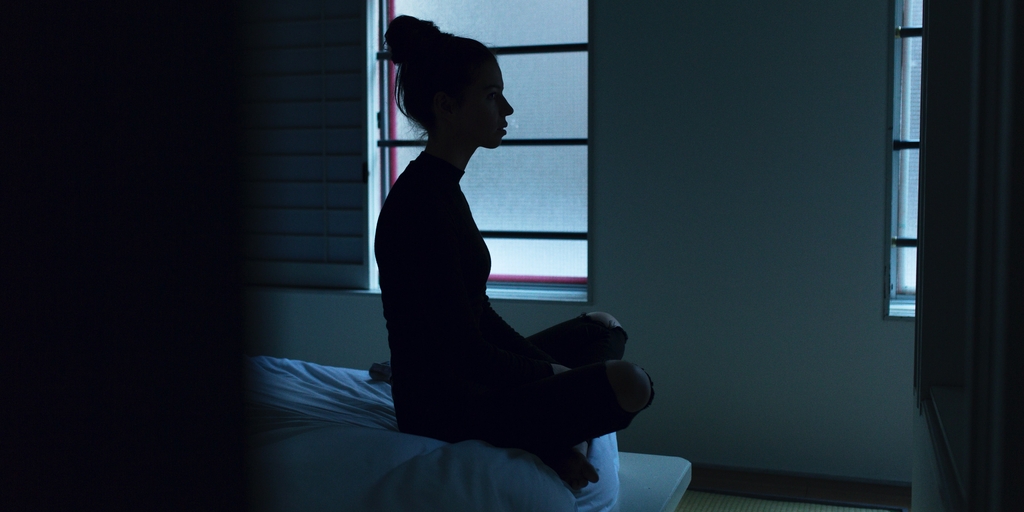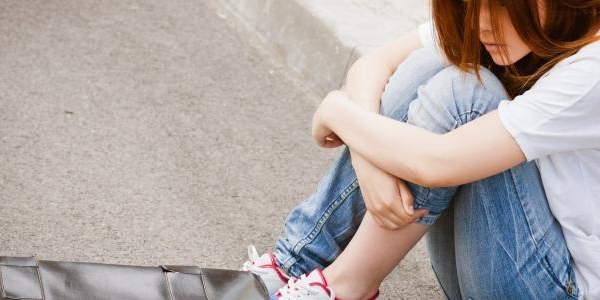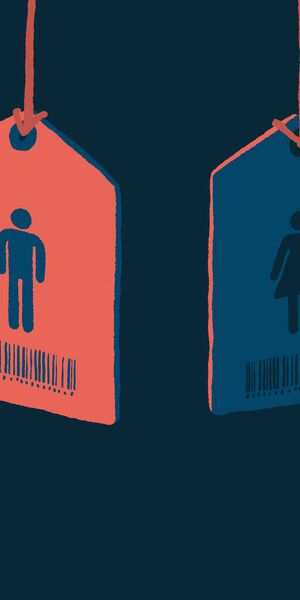Support for Human Trafficking Victims is Inadequate – MPs told
Human Trafficking
The Prime Minister has pledged that Britain will “lead the way in defeating modern slavery” which she has called the “greatest human rights issue of our time”, but today MPs were warned that unless access to aftercare for rescued victims is improved these promises ring hollow.
The warning came during an evidence session of the House of Common’s Work and Pensions Committee as part of its inquiry into the support available for victims of human trafficking after the initial 45 day “reflection and recovery period”.
Trafficking experts, including CARE’s Senior Policy Officer for Human Trafficking Louise Gleich, told the committee that although a victim receives a formal notification that they have been recognised as a victim of modern slavery, this status does not entitle them to any assistance with basic needs such as accommodation or food beyond the 45 day recovery period. The only support available is that through the regular benefits system – but many victims are unable to pass the various eligibility tests, or at least cannot produce the evidence to show that they do. What is more, for many victims, these tests can be extremely distressing and force victims to re-live their exploitation in interviews with Job Centre staff.
The inquiry was told that the failure to provide a proper plan of support for victims of human trafficking once they had left the 45 days in the safe house, meant that many victims are left to fend for themselves.
Without clear entitlements to housing benefit and job seeker’s allowance in order to buy essentials such as food, victims were all too often falling through the net – and at severe risk of being exploited again. Failing to receive housing benefits meant that victims often had no safe place to move into once their 45 days of government support ran-out, meaning that many ended up homeless.
Kevin Hyland, the UK’s independent anti-slavery commissioner warned the committee that victim support is essential to bringing traffickers to justice. Without the stability of a fixed address, victims often lose contact with the authorities which causes substantial problems for the justice system trying to convict the criminals involved in trafficking and modern day slavery. If police cannot keep in touch with victims during investigations and victims are unavailable to give evidence at trials then successful convictions are harder to achieve and perpetrators of human trafficking will continue to evade justice.
The witnesses told the Committee that victims should be awarded clear and automatic entitlements to benefits (including housing benefit and money for food) when they are formally recognised as a victim by the authorities - their “conclusive grounds decision”. This would be most effective if a victim was provided with a list of those entitlements in the formal notification letter which they could then pass it on to all relevant officials.
Independent peer Baroness Elizabeth Butler-Sloss also called for victims to be given leave to remain in the UK for a year at least along with entitlement to receive benefits. (At present victims may apply for special “discretionary leave to remain” in certain circumstances, but the decision-making process can be lengthy and not all victims are granted the right to stay). Other recommendations included ensuring that all frontline staff at council offices and job centres were appropriately trained in how to deal with trafficking victims.
Click here to watch the full evidence session on the Parliament website.
Giving evidence were independent peer Baroness Butler-Sloss GBE and Kate Roberts, Head of Office at the Human Trafficking Foundation and Louise Gleich, Senior Policy Officer – Human Trafficking at CARE, UK Independent Anti-Slavery Commissioner Kevin Hyland OBE and Tatiana Gren-Jardan, Victim Support and Partnerships advisor in the Anti-Slavery Commissioner’s Office.
At the conclusion of its inquiry the Committee will produce a report with recommendations for Government.





Share story
Support for Human Trafficking Victims is Inadequate – MPs told